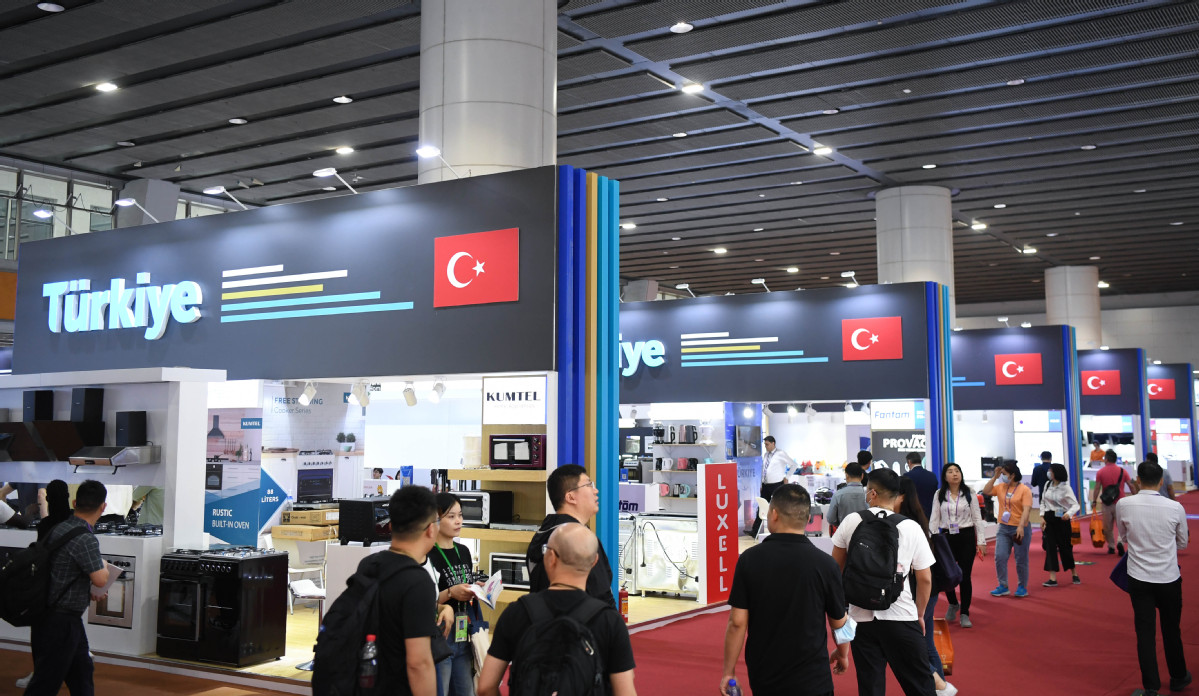Cooperative projects lead way for China and Turkiye to thrive


With both China and Turkiye entering a new era of green and innovation-led growth, the transition will provide them with the capacity to address challenges and capitalize on opportunities for the advancement of trade and economic cooperation between the two countries, said analysts and business leaders.
Many opportunities are being generated by the growth of the Belt and Road Initiative and Turkiye's Middle Corridor Initiative. They have deepened and diversified bilateral business cooperation and trade channels, offering a natural option for them to advance their growth strength.
The Middle Corridor is an initiative that seeks to connect Turkiye to China via Georgia, Azerbaijan, the Caspian Sea, and then either Kazakhstan or Turkmenistan, Uzbekistan and Kyrgyzstan. It envisages the revival of the ancient Silk Road and has created a natural synergy with the BRI, according to information released by Turkiye's ministry of foreign affairs.
Turkiye's strategic position at the intersection of Europe, Asia and the Middle East will pave the way for its role as a regional transportation hub, which has gained momentum in recent years, said Zhang Yongjun, deputy chief economist at the Beijing-based China Center for International Economic Exchanges.
Even though the Chinese and Turkish economies have been affected by softening global goods demand and geo-economic fragmentation in recent years, the degree of interdependence between the two remains stable in bilateral trade, he said.
Benefiting from their complementary goods trade structure and big-ticket projects of regional connectivity, China-Turkiye trade surged 12.8 percent year-on-year to $38.55 billion in 2022, data from China's General Administration of Customs showed.
Bilateral trade sustained growth momentum in the first eight months of 2023, while the two countries saw their trade value soar 14 percent on a yearly basis to $29.89 billion, according to government data.
China ships mainly photovoltaic products, smartphones, construction machinery, manufacturing equipment, steel, electronics and household appliances to Turkiye. In addition to minerals, precious and base metals, chemical and agricultural products, Turkiye's exports to China include plastic, rubber, furniture, toys, transportation equipment, and textile and garment goods, custom data showed.
Feng Hao, a researcher at the National Development and Reform Commission's Institute of Comprehensive Transportation, said that China-Europe freight train service has proved even more vital over the past three years. Freight trains have played a crucial role in stabilizing the global supply and industry chains, due to limited air and maritime transport options during COVID-19 shutdowns.
The China-Europe Railway Express has also benefited from Turkiye's ongoing construction and improvement of railways, infrastructure facilities and service businesses, he said.




































